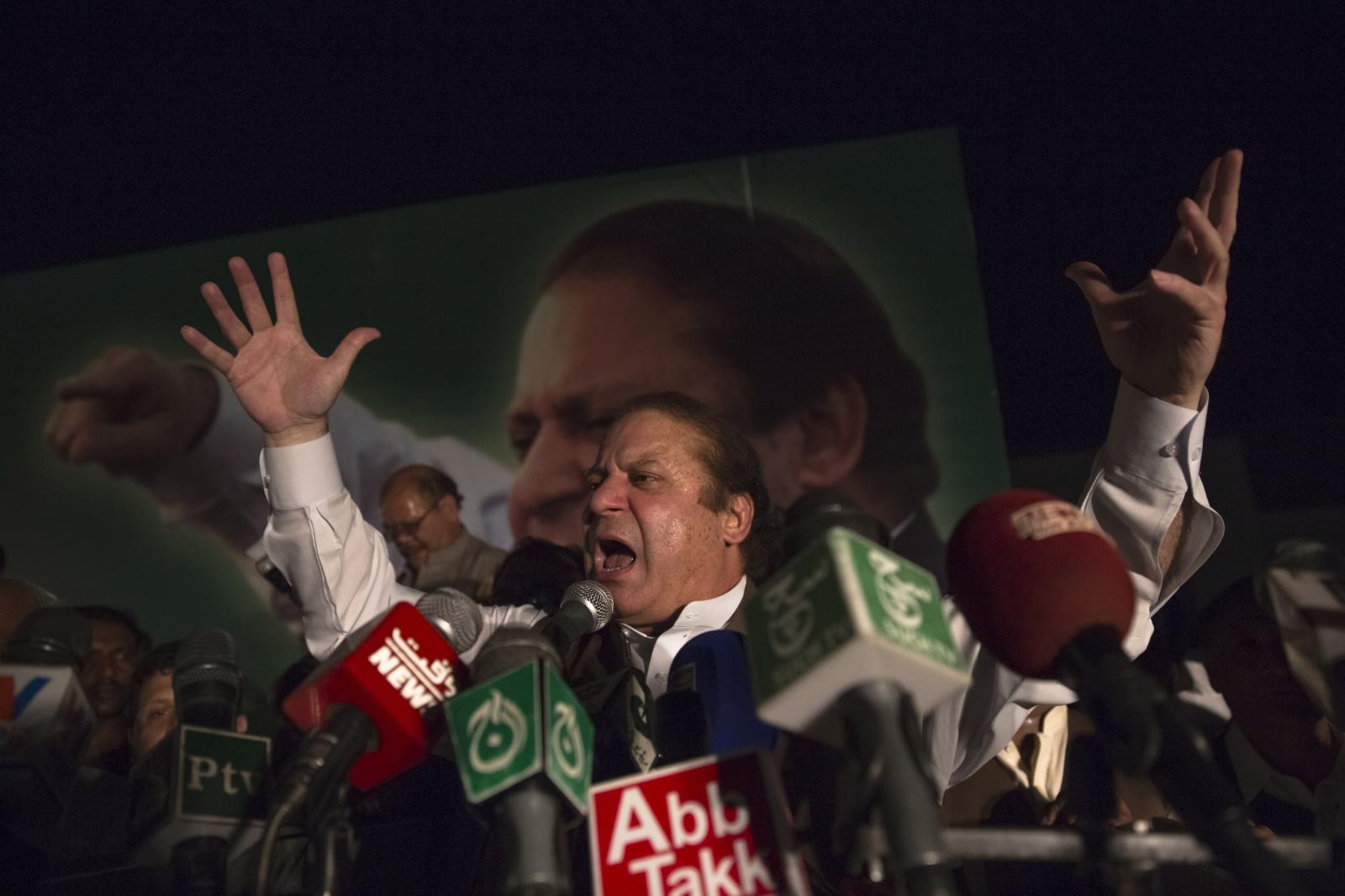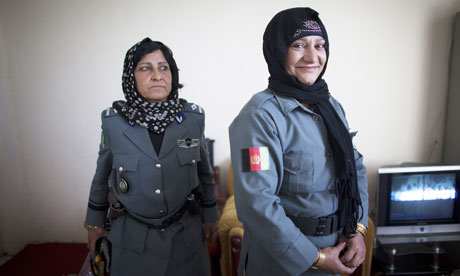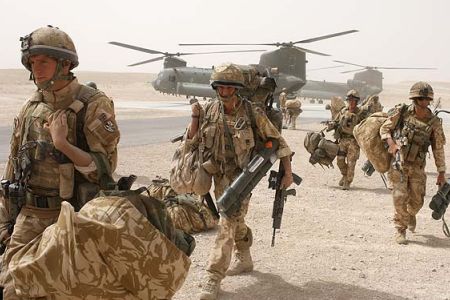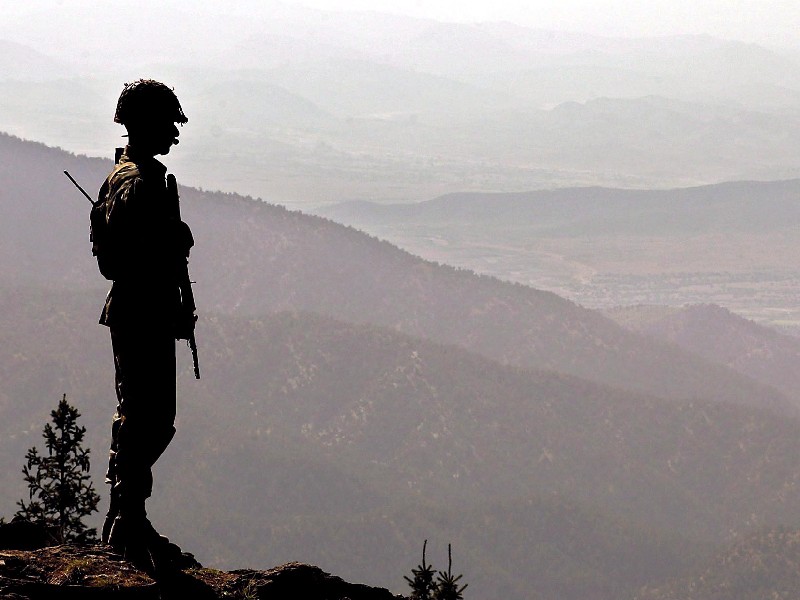Pakistan voted on May 11th in a historic election to transfer power from one civilian government to another for the first time in the country’s history. The initial result sets former Prime Minister Nawaz Sharif and his Pakistan Muslim League party for a third term as Pakistan’s prime minister, while sending the ruling Pakistan Peoples Party and the Awami National Party into the political hinterland. It was a predictable win from the beginning; the win of the conservative Islamists over the liberals. But what does this mean for Pakistan’s foreign policy particularly for NATO and the fight on terrorism?
[captionpix align=”right” theme=”elegant” width=”320″ imgsrc=”http://natoassociation.ca/wp-content/uploads/2013/05/Nawaz-Sharif-delievering-victory-speech-to-his-supporter.jpg”]
Sharif is a devoted Suni Muslim, a businessman and an experienced statesman. He speaks the language of common people; he dresses modestly and with a clear message Islam and Pakistan. In the early stages of his political career as the Finance Minister of Punjab, he became a protégé of former military dictator Ziaul Haq. After Haq’s death in 1988, Sharif emerged as the leader of the conservative nationalists and became prime minister twice in the 1990s. So, neither Sharif nor his approach to foreign policy would be unfamiliar to the international community. His first term in office was dominated by a pan-Islamic agenda. He passed the Shariat Bill making Quran and Sunnah the law in Pakistan. This reinforced radicalization of Madrassas in Pakistan, which served as the recruitment centres for radical groups in Kashmir and Afghanistan. Although his government tried to reset relations with India, it failed due to pressure from Pakistan’s Armed Forces. Subsequently, his second term in office can be identified as reactionary interventionism when it comes to foreign policy. He conducted Pakistan’s nuclear tests in reaction to India’s nuclear test, whereas in relation to Afghanistan his administration continued an interventionist approach supporting the Taliban with military, diplomatic and financial resources.
During his election campaign Sharif left plenty of wiggle room for speculation, in term of Pakistan’s foreign policy. Although, he adopted a reconciliatory tone in his winning speech in relation to India, Afghanistan and the USA, he failed to condemn Taliban attacks during the election targeting secular parties. Furthermore, during his election campaign he suggested that Pakistan should end its involvement in the US-led war on terror and pursue negotiation talks with the Pakistani Taliban. This raises the question of how his administration will be able to improve Pakistan’s relations internationally. While the Taliban and international terrorism remains a major threat to international security, Sharif’s stance has been soft on it so far. To ensure international security, NATO needs Pakistan’s commitment and cooperation in fighting terrorism as combat troops leave Afghanistan by 2014.
Pakistan will remain the most important country in the region for the international community in the fight against terrorism and NATO safe withdrawal of forces from Afghanistan. The world is watching with more fear than hope. Now is the time for the new government in Islamabad to reassure the world that there is no reason to fear. There is still hope that the new policy actors will promote international peace and security, where Pakistan will be its first beneficiary.




